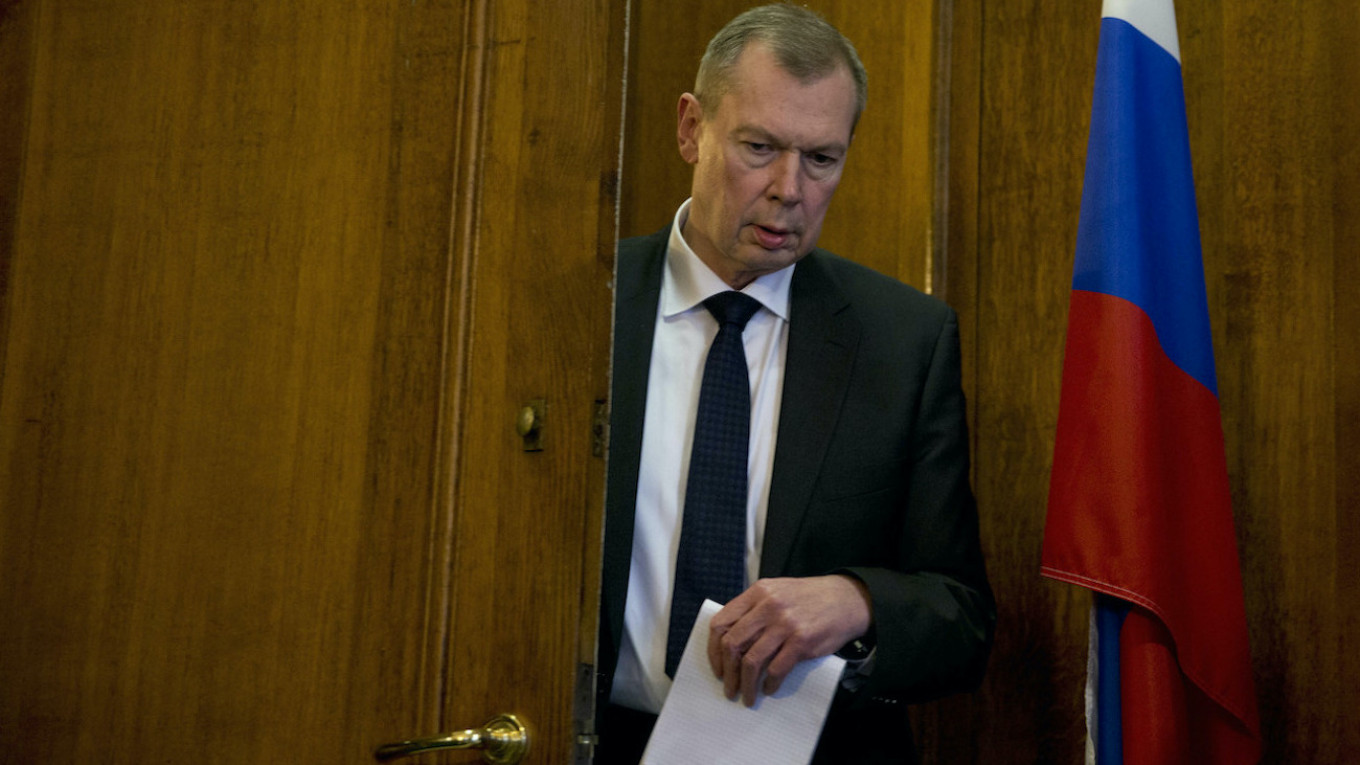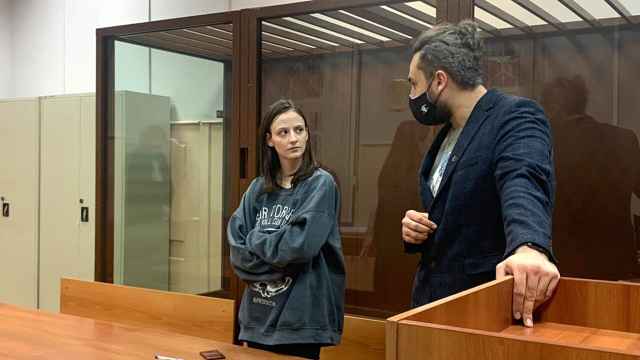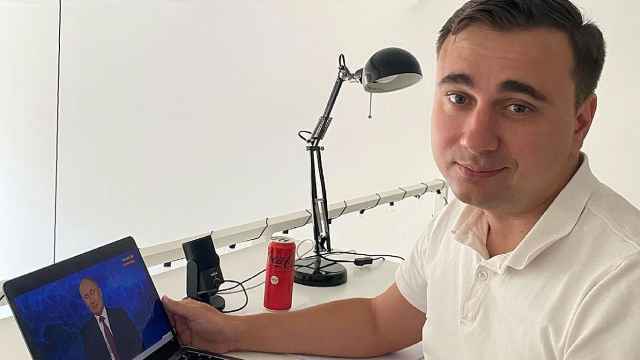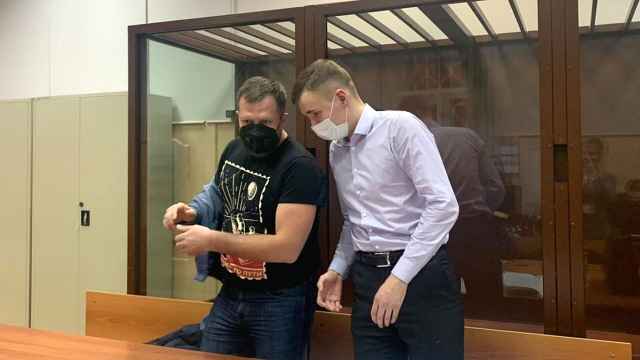Russia rejects the global chemical weapons watchdog’s findings of a Novichok-type nerve agent in Kremlin critic Alexei Navalny’s samples, Moscow’s envoy in the Hague-based organization said Tuesday.
The Organization for the Prohibition of Chemical Weapons (OPCW) said earlier Tuesday that Navalny’s blood and urine samples taken by its experts in Germany contained traces of a type of nerve agent with “similar characteristics” as Novichok. Its findings confirm similar results by laboratories in Germany, where Navalny was treated, as well as France and Sweden.
Russia’s representative to the OPCW Alexander Shulgin demanded “physical evidence” of the chemical warfare agent in Navalny’s samples and expert-level dialogue, according to the state-run RIA Novosti news agency.
“Until the documents are provided… we will consider everything that’s happening around this incident an unbridled propaganda campaign of lies or, simply put, a low-grade provocation,” Shulgin said at an OPCW session in The Hague.
“Russia owes nothing to anyone, not to Germany, not to other countries that categorically and without proof claim that Russia is allegedly guilty of poisoning Navalny,” he said.
Navalny, 44, was medically evacuated to Germany in late August after falling ill on a domestic flight and spending two days in a Siberian hospital with what his aides said was poisoning.
Tests by a German military laboratory determined that he was poisoned with the Soviet-designed nerve agent Novichok.
Russia insists its medical tests did not find poison in Navalny's system and has not accepted Germany's declarations, saying it requires more evidence.
The OPCW said in Tuesday’s statement that Navalny’s samples contained traces of a type of nerve agent with similar structural characteristics as the toxic chemicals found in two Novichok variants that the OPCW banned in 2019.
The specific type of Novichok found in the Navalny samples was not itself one of those placed on the banned list last year, it said.
A Message from The Moscow Times:
Dear readers,
We are facing unprecedented challenges. Russia's Prosecutor General's Office has designated The Moscow Times as an "undesirable" organization, criminalizing our work and putting our staff at risk of prosecution. This follows our earlier unjust labeling as a "foreign agent."
These actions are direct attempts to silence independent journalism in Russia. The authorities claim our work "discredits the decisions of the Russian leadership." We see things differently: we strive to provide accurate, unbiased reporting on Russia.
We, the journalists of The Moscow Times, refuse to be silenced. But to continue our work, we need your help.
Your support, no matter how small, makes a world of difference. If you can, please support us monthly starting from just $2. It's quick to set up, and every contribution makes a significant impact.
By supporting The Moscow Times, you're defending open, independent journalism in the face of repression. Thank you for standing with us.
Remind me later.






